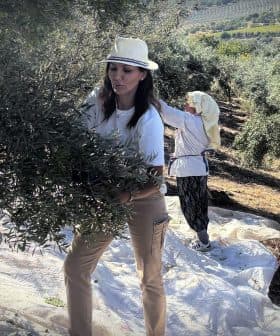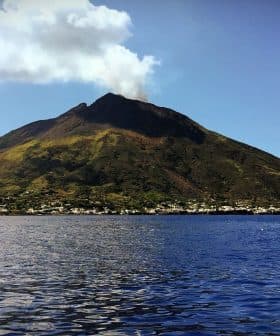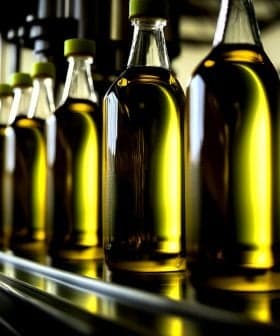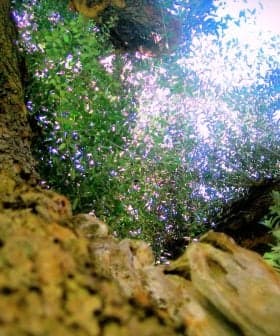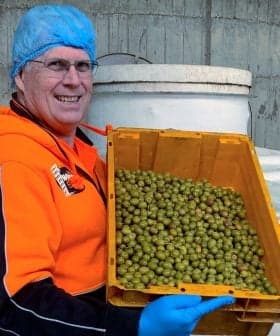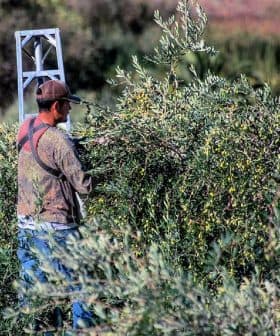Precise Irrigation Key to Long-Term Productivity
Despite recent rain across California, the threat of water shortages in the Golden State remains, with new research predicting thousands of drinking water wells across the Central Valley will run dry by 2040. The tree systems lab at the University of California, Davis is investigating precise irrigation management for olives to improve yield and quality, aiming to empower growers with innovative tools to respond to water limits and climate change.
Despite recent rain across California, the threat of water shortages in the Golden State remains.
New research predicts that thousands of drinking water wells across the Central Valley will run dry by 2040, when the state’s 2014 Sustainable Groundwater Management Act, meant to curb excessive agricultural pumping of groundwater, takes full effect.
Research on olive water management in California has been neglected, and growers still rely on tools developed a long time ago.
As a result, researchers have put renewed effort into improving water management techniques for several crops, including olives.
To that end, the tree systems lab at the University of California, Davis is investigating the precise management of irrigation in olives to achieve high yield and increase product quality.
See Also:Researchers in Andalusia Develop AI Tool to Improve Irrigation EfficiencyAccording to their website, the innovative project “combines bio-meteorological, remote and plant-based physicological information to develop grower-friendly deficit irrigation strategies for California table and oil olive systems.”
“Precise irrigation is key to ensure the long-term productivity of olive orchards,” Giulia Marino, an assistant professor of cooperative extension in orchard systems at the UC Davis plant sciences department, told Olive Oil Times. “Olive acreage has rapidly increased in California within the last two decades.”
“However, research on olive water management in California has been neglected, and growers still rely on tools developed a long time ago,” she added.
Marino’s research focuses on using physiological information to develop management practices to improve efficient resource use and profitability of orchards.
Information and innovative tools can empower producers to implement precise irrigation practices to respond proactively to drought, regulated irrigation and water limits.
“With this project, we will develop and outreach new information to enhance olive farming operation productivity through precision timing and volume of irrigation water,” Marino said. “We aim to help olive growers increase water productivity as the industry faces supplies now hampered by climate change and groundwater management policies.”
The lab is working to identify water consumption, develop protocols and design guidelines to improve water management with technological advances.
“Our lab is working on three top lines of inquiry,” Marino said. “First, we are characterizing how much water a ‘typical Californian’ olive orchard uses through the season.”
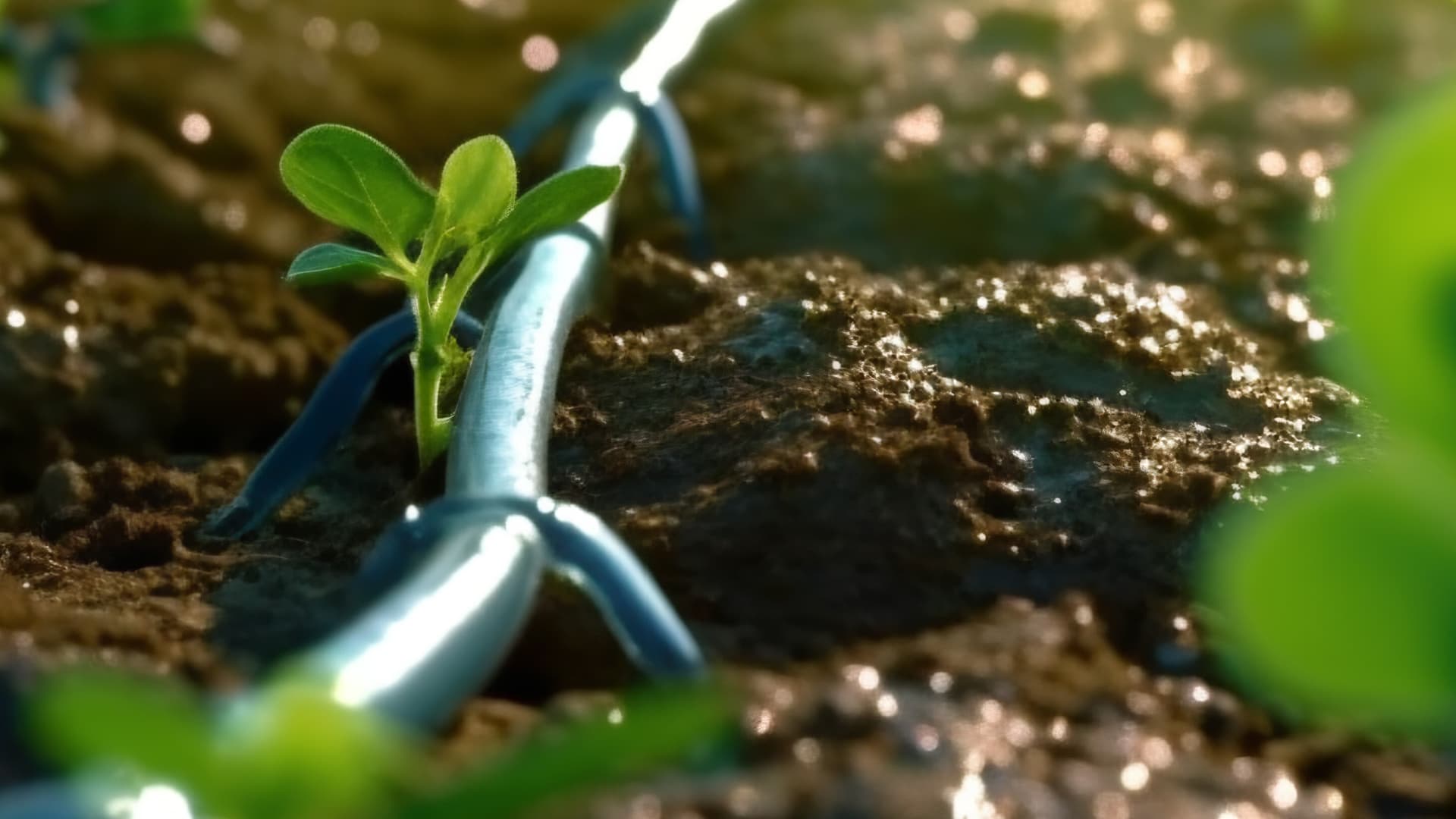
Drip Irrigation
“Second, we are developing protocols to reduce water during periods when the olive is more drought tolerant to improve productivity and yield quality,” she added. “Third, we are developing guidelines to implement innovative sensors and technologies in olive water management.”
The results offer growers an optimistic outlook, as the data confirms water-efficient and cost-effective improvements.
“Based on our results, growers could reduce water application by 8 inches per acre (50 centimeters per hectare), which is equivalent to 217,232 gallons per planted acre (2,031,979 liters per hectare) of olive,” Marino explained.
“Apart from the environmental importance of this, we calculated, based on the current price for water and electricity to run the irrigation system, that this would reduce agricultural costs by 18 percent,” she added.
A common misconception is that the olive tree is so drought-resistant that irrigation is relatively unimportant. However, Marino clarifies this myth and offers further insight.
See Also:Water Efficiency, Sustainability Must Go Hand in Hand in the Olive Grove“The fact that olive is such a drought-resistant crop may lead to the idea that it is not important to irrigate it precisely,” Marino said. “Actually, it is exactly the contrary.”
“Precise irrigation in olive groves is essential for ensuring sustained productivity of the system, particularly in high-density hedgerow plantations that are becoming very popular,” she added.
Along with productivity, Marino said precise irrigation is necessary to improve olive oil quality.
“Overirrigation would promote excessive growth, thus reducing light penetration, impairing bud differentiation and promoting alternate bearing,” she said. “Overirrigation can also reduce oil phenolic content.”
“Underirrigation can reduce fruit growth, return to bloom, and also impact oil phenols,” Marino added. “Water has to be applied at the right quantity and at the right time.”
According to UC Davis Agriculture and Natural Resources, irrigation management strategies enable farmers and producers to meet the water demands of a crop.
The available irrigation water must be applied in the most efficient manner possible. Crop irrigation strategies for olives may include deficit irrigation strategies as well as irrigation scheduling for efficiency.
Evapotranspiration irrigation scheduling, soil moisture monitoring and plant-based irrigation scheduling may be employed to best use limited water supplies.
With the increasing need for irrigation water management in California, Marino reflected on her early inspiration for this work and shared her future vision for olive irrigation.
“I grew up in Sicily, surrounded by rainfed olive orchards,” she said. “I became fascinated by the capability of these trees to survive. They cannot move, so they have to implement strategies to resist scorching summers without dying and even producing fruits.”
Marino envisions a future of technology-enabled precision irrigation systems in everyday production.
“I am eager to study these mechanisms and to implement innovative technological tools to monitor them in the field,” she said. “We are making huge steps, increasing our precision in everyday life. We are now able to use our phone to count our steps or to tell us where to go.”
“The same revolution is happening in agriculture, and I am excited to contribute to this change,” Marino concluded.


